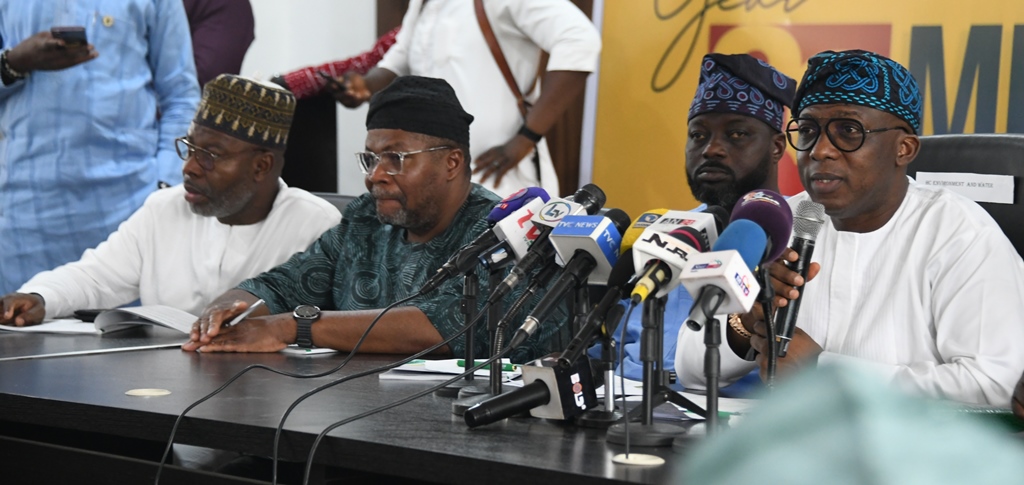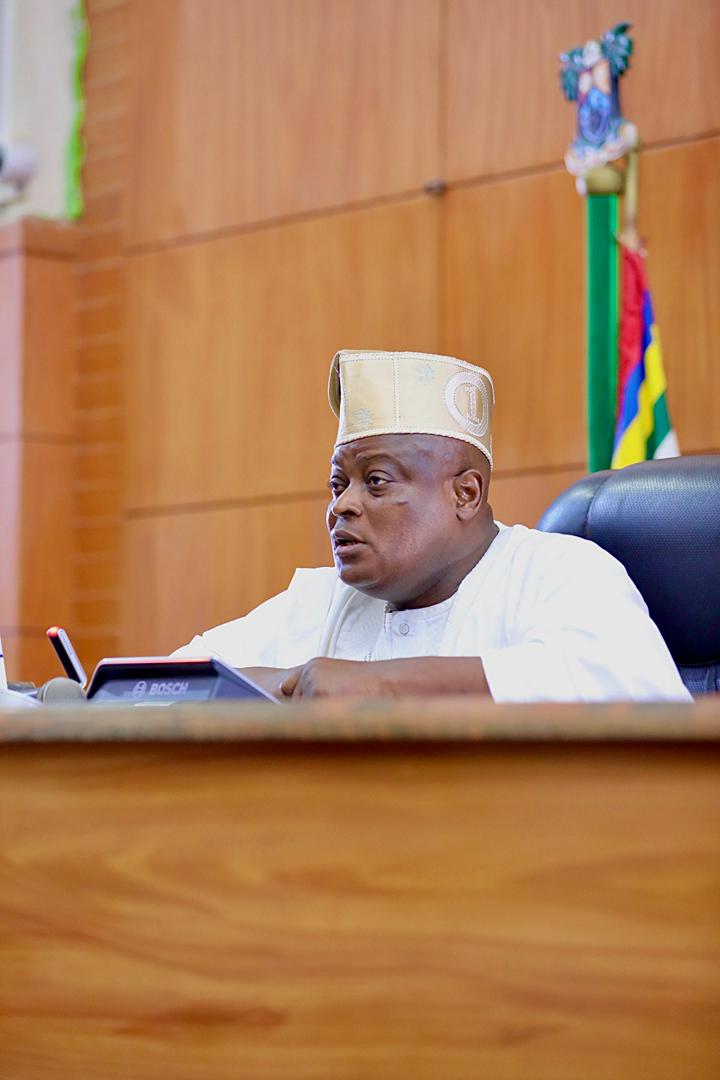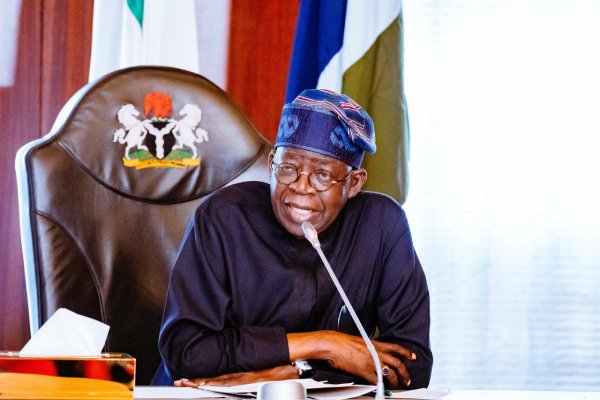Lagos Goes Tough On Open Defecation As State Provides Over 4,710 Public Toilets

Lagos State government has vowed to deal decisively with anybody caught defecating in the public as the state has provided over 4,710 public toilets that the people can use to ease themselves.
The State Commissioner for Environment and Water Resources, Barrister Tokunbo Wahab stated this during the ministerial press briefing held in Alausa on Friday to mark the second year of the second term of Governor Babajide Sanwo-Olu.
The commissioner said the state government has provided 1,710 public toilets while petrol and gas stations provided 3,000 public toilets and 150 toilets were provided in the markets across the state, while the state is working on providing additional 250 public toilets in the markets in the state through a public private sector participation (PSP) arrangement.
Wahab added that the state government needs to embark on a lot of advocacy and enlightenment programme for members of the public to enforce ban on open defecation.
He maintained that enforcement is a way to make people change from bad behaviour.
“Why are people not making use of the public toilet,people must be responsible?” he asked.
Speaking on failure of officials of the Lagos State Waste Management Authority (LAWMA) to pick refuse deposited at designated place for members of the public on time, the Commissioner said his ministry would have a meeting with LAWMA officials and members of the PSP working with LAWMA on it and come up with a solution to the challenges facing members of the public on disposing refuse.
He disclosed that no fewer than 3,786 street traders, environmental polluters, and cart pushers were arrested and prosecuted by the Lagos State Government in the past year.
In addition, he said that almost 700 persons were arrested for highway crossing, which endangered their lives.
The commissioner, who reeled out the governor’s achievements in policy formulation, environmental protection, waste management, water provision, and enforcement, among others, stated that the main enforcement agency, Kick Against Indiscipline (KAI), in collaboration with the State Task Force on Environmental and Special Offences, undertook the clearing of rail tracks and the demolition of shanties and illegal structures under the Apongbon Bridge, Lekki, Victoria Island, Agege, Obalende, and along the Lagos–Badagry Expressway corridor.
To ensure a flood-free Lagos, Wahab said the present administration had embarked on the construction of 22.9 kilometres of collector drains and 12.43 kilometres of primary channels between 2023 and 2024, which are at various stages of completion across the state.
He further disclosed that an additional 36.44 kilometres of collector drains are currently undergoing procurement processes for award in 2025.
On the rampant digging of boreholes by residents of the state, Wahab noted that if the rate was not regulated, it would add to the problems in the state in future.











